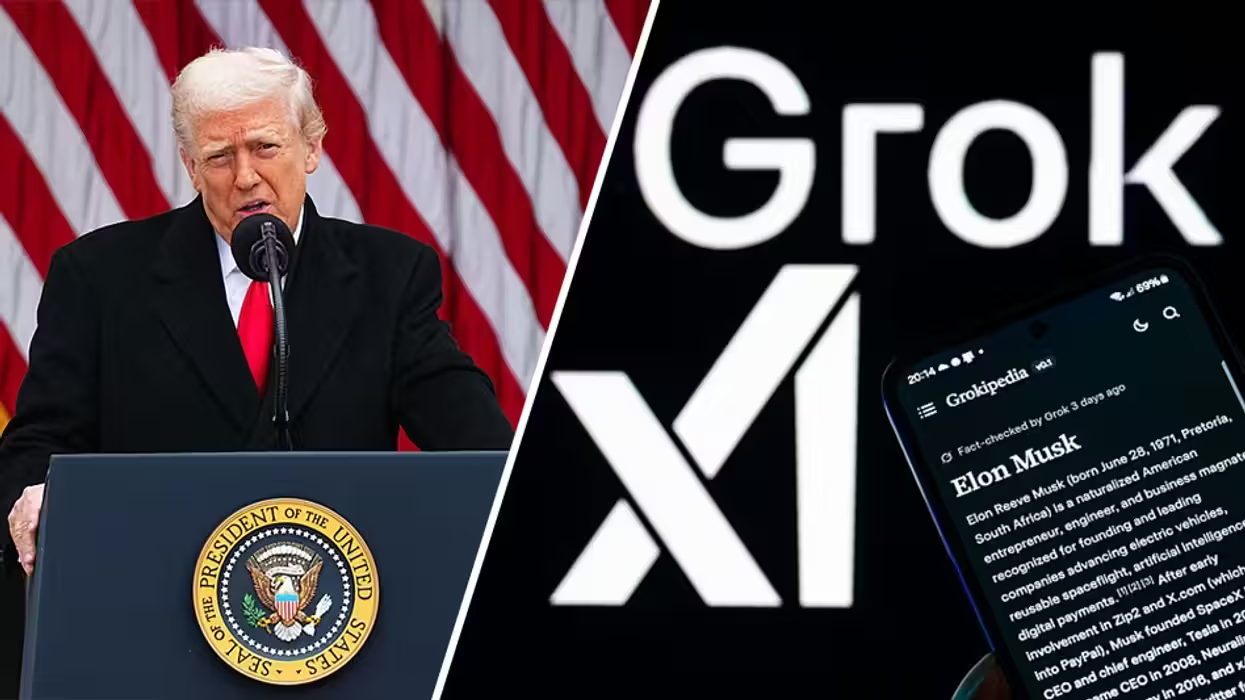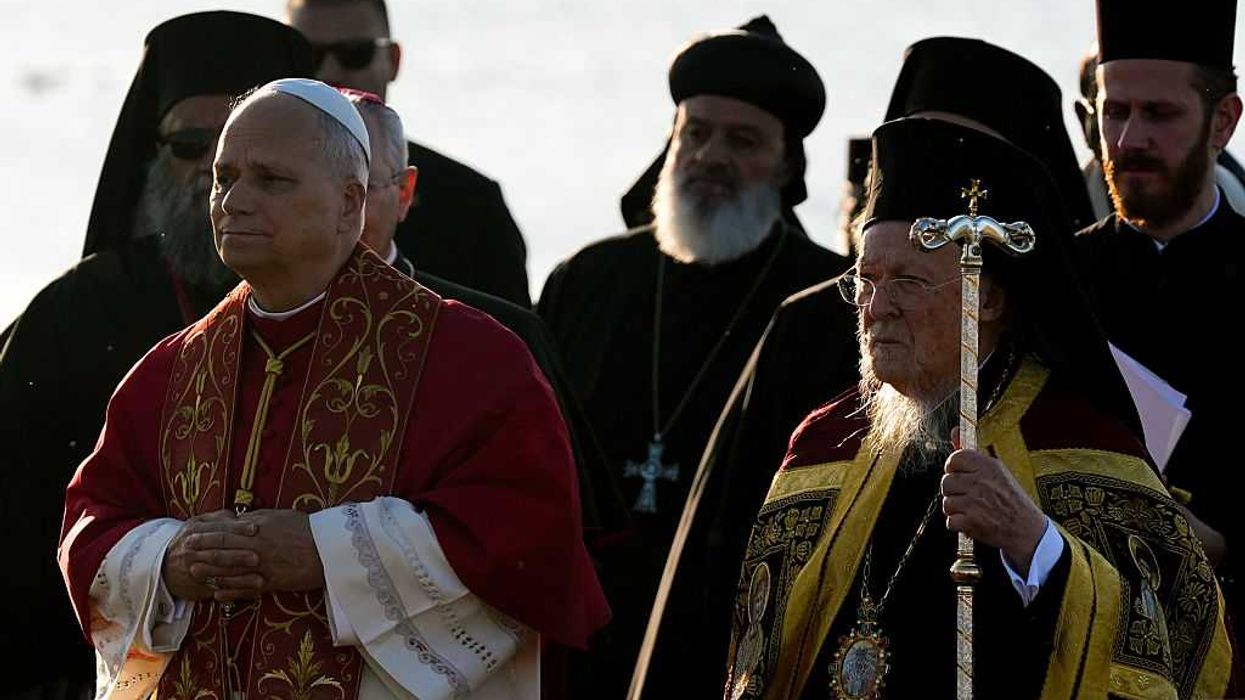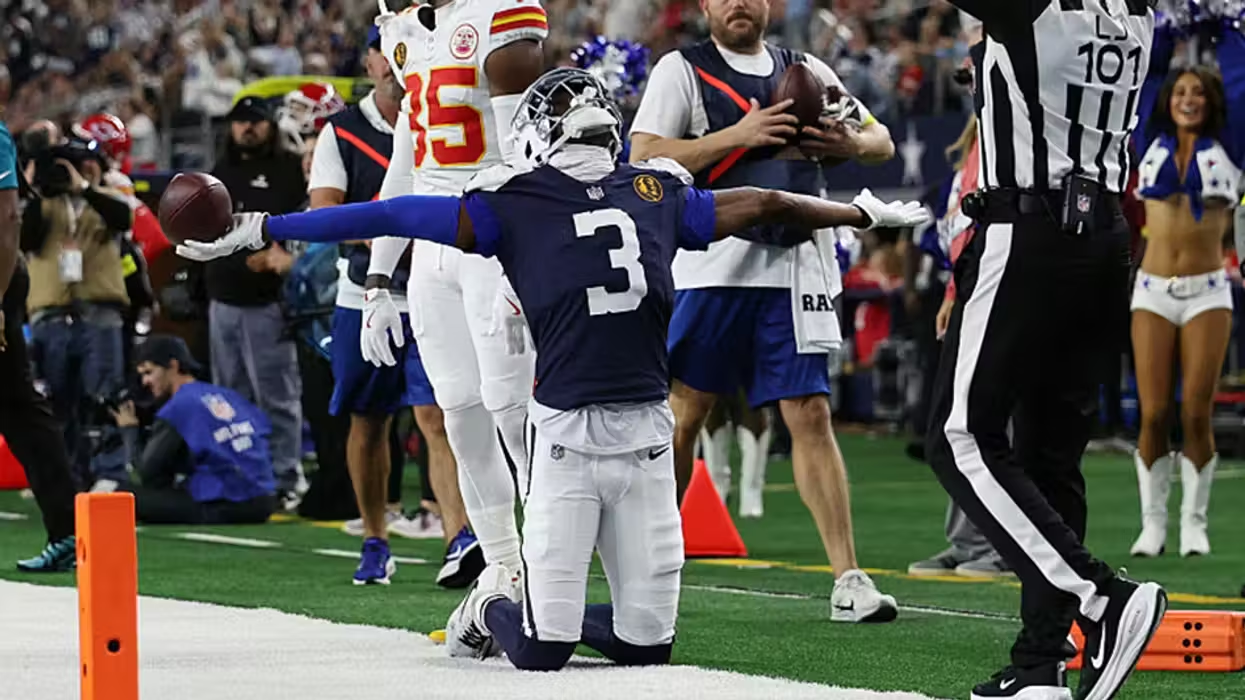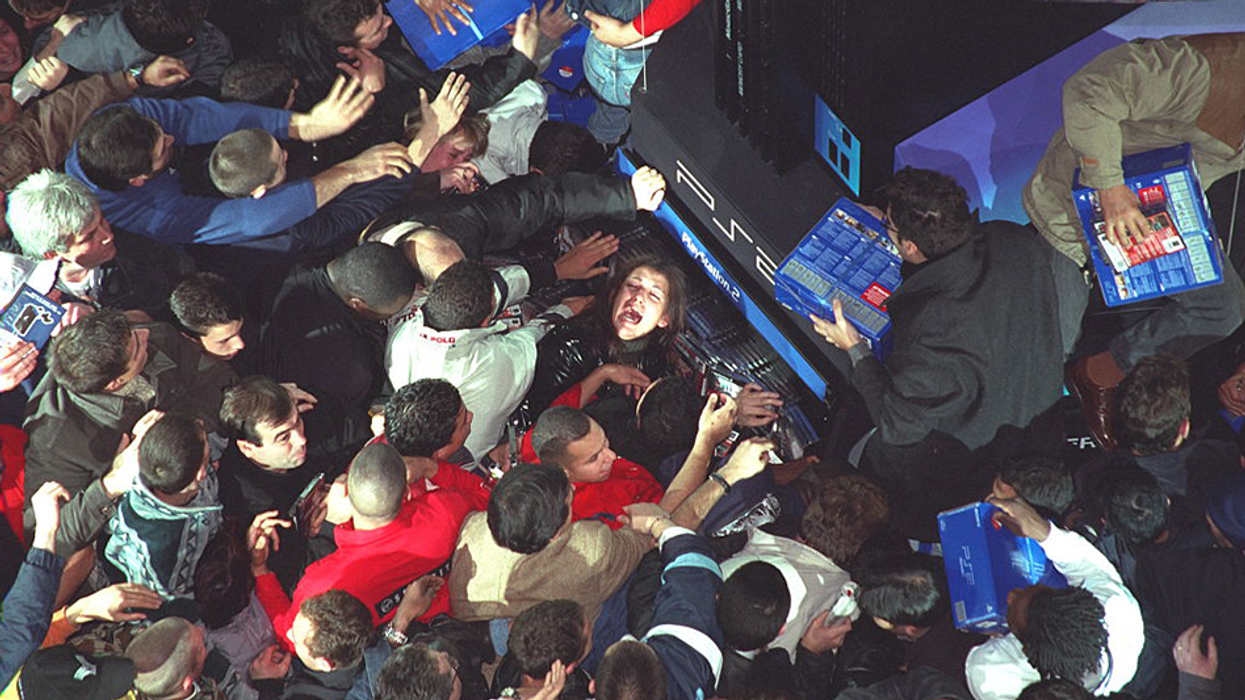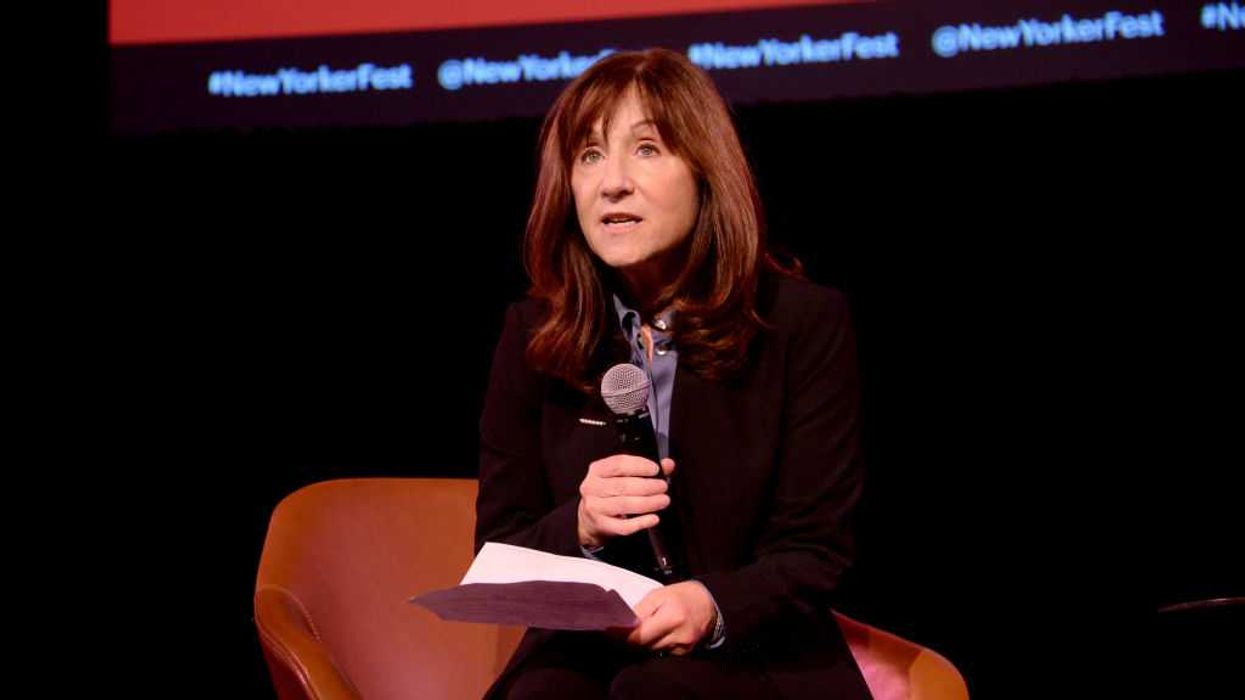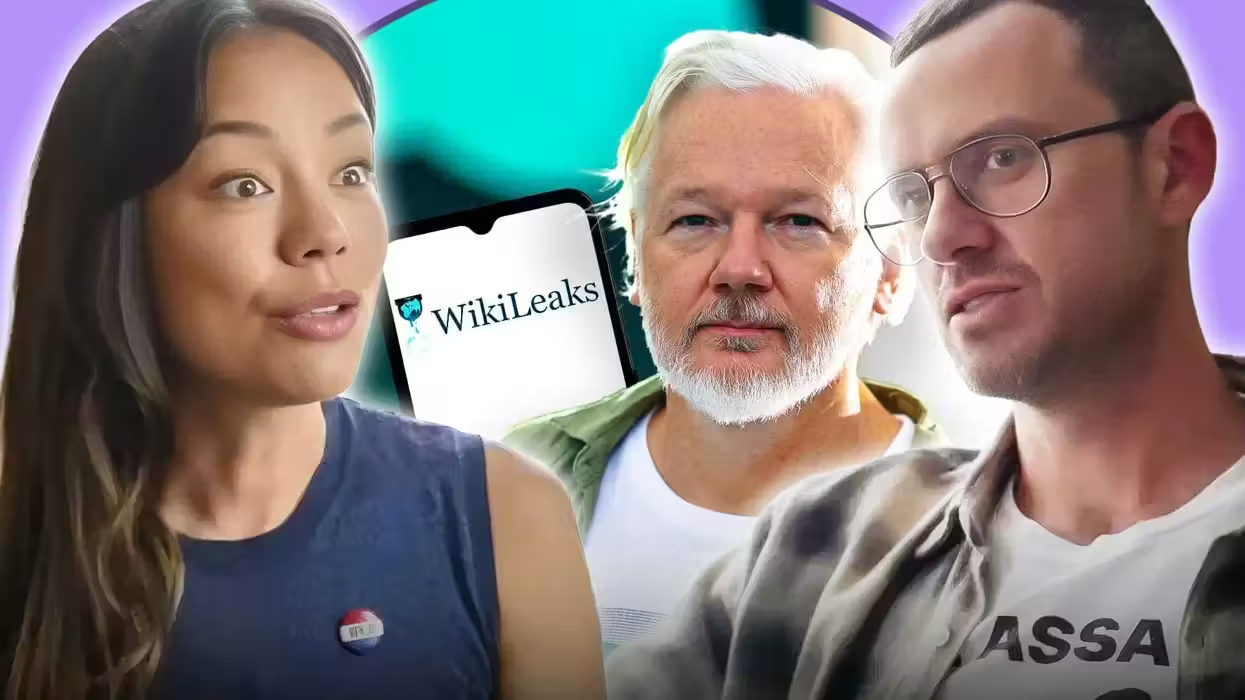
© 2025 Blaze Media LLC. All rights reserved.
A Little Bizarre': Media Ethics Experts Question Scrubbing of Malia Obama Spring Break Story
March 20, 2012
"It surprises me that [outlets] would just take the stories down."
Story Highlights:
- White House admits to asking media outlets to scrub Malia Obama spring break story
- Media ethics experts see outlets' response as "a little bizarre" and "outside of standard practice"
- Experts agree that a story clarification would have been a viable substitute to ensure the public's trust in media
- Malia's trip leads to a number of journalistic questions surrounding government resources and citizen safety
On Monday, a curious pattern was observed and documented on The Blaze. Stories about Malia Obama -- Barack and Michelle Obama's eldest daughter -- and her purported spring break trip to Oaxaca, Mexico, were mysteriously disappearing from various outlets' web sites.

From The Telegraph to The Huffington Post, numerous news sites essentially deleted related stories, creating plenty of questions among observers. Following the removals, It didn't take long for the Obama administration to admit to asking the media to scrub the stories. Earlier today, The Blaze spoke with Kelly McBride of The Poynter Institute and Jane E. Kirtley, a professor of media ethics and law at the University of Minnesota Law School, to gain expert insight on the ethics issues associated with this scenario.
(Related: White House Admits to Asking News Agencies to Pull Malia Obama Vacation Story)
As The Blaze has noted, the First Lady's communications director, Kristina Schake, explained that the White House has requested, since the beginning of the Obama presidency, that the children not be photographed or reported on when they are without their parents. While this request is understandable, the sociopolitical situation in Mexico and the rapid removal of stories about Malia creates a litany of questions about media ethics and the appropriateness of outlets' responses.

"It doesn't surprise me that the White House would request that journalists not cover the spring break of the president's daughter," McBride explained. "It surprises me that [outlets] would just take the stories down."
Rather than simply removing the pieces, McBride said that the media could have replaced them with a note that fully explained that a decision had been made to respect the private affairs of Obama's family members. The decision to remove them, she says, could potentially lead to public distrust.
(Related: Rick Santorum Reacts to Obama Allowing Daughter to Vacation in Mexico: ‘Set an Example’)
McBride also argues that the incident could "feed conspiracy theory," as the decision was "outside of standard practice." In she end, she contended that the removal "causes a different type of harm to the [news] organizations."
"Part of the problem is that it leaves the audience wondering what type of power the Office of the President has over the media," she continued. "I think that if you’re transparent and you say, 'We’re not going to cover [Obama's] 13-year-old daughter’s trip to Mexico, but we are going to cover the president's affiliations, associations, etc.,' then I think the audience can have some sort of assuredness that the media loyalty remains with the audience and not with the president."
Glenn Beck discussed his take on Malia's trip on his radio show this morning:
Kirtley reflected these same sentiments, calling the removals "a little bizarre" and claiming that it is "virtually impossible" for media outlets to take something back once it's been published. A correction, she agreed, would have been the best way to handle the situation.
"The piece that seems strange is that they’re removing the story. It isn’t so much that the White House yelled at them…that kind of back and forth between the media and the White House is common," she explained. "For me, the question is, 'Why did these news organizations take out the stories?' It's an act of futility and I simply don’t see the justification of it."
When asked if the media that did decide to keep the article online were violating any ethical standards by publishing the piece, McBride said that they were not, as the agreement that exists between media and the White House is an informal one. This "gentlemans' agreement," of course, is the notion that journalists will refrain from covering the president's children in specified or compromising situations.
This morning, The Blaze's Editor-in-Chief Scott Baker addressed the media ethics issues associated with this story on Beck's radio show as well:
"It’s not written down anywhere and nobody signs a contract. Once a story is out there it’s impossible to figure out who would be governed by this gentleman’s agreement," McBride explained. "I think it’s fine to enter into such agreements as long as members of the media can maintain their own independent judgment."
In addition to questions surrounding the media's reaction to the White House's "reminder," as Schake referred to the government's interactions with various outlets following reports about Malia, questions about a U.S. State Department travel warning have also run rampant.
In February, the government issued a warning to Americans that proclaimed that "homicide, gun battles, kidnapping, carjacking and highway robbery" are all currently serious risks when traveling throughout portions of Mexico. It is important to note there is currently no warning in effect for Oaxaca, the location where Malia purportedly visited (or is currently visiting), however, there have been concerns about that area in the past.
In speaking about the State Department warning, McBride seemed to indicate that it wasn't enough, in itself, to definitively warrant a story. But she went on to explain that it is understandable for reporters to ask other viable questions about the practicality and cost of the trip.
"It is reasonable to ask if it is an appropriate use of resources to send 25 Secret Service agents to guard a 13-year-old in Mexico and her entourage," she said.
Kirtley, though, did seem to think that the State Department angle could make for a legitimate journalistic discussion.

"To me, that’s a legitimate discussion. I respect the idea that children, as a general proposition, might need to be off limits. Not saying I agree with it, but I respect it," she explained. "From the perspective about issues of safety for American citizens…I think this is a legitimate question about whether one of Obama's children might be at risk…if they’re confident she's not what steps are they taking to ensure her safety?"
In speaking specifically about journalistic ethics, Kirtley said that she personally sees no problem with reporters covering the fact that Obama's daughter may have gone to Mexico with some friends.
"This is always tricky in the context in children," she said. "There are different ways that one could approach the story. Would I be providing real time coverage about route of travel? Probably not. There's no need to know those details."
So it seems the question on experts' minds is why the media so willingly and quickly removed stories about President Obama's daughter. With the collective journalistic enterprise in America acting as the nation's Fourth Estate, this willingness, despite no official mandate governing relations between the press and federal government, does raise important questions.
This report follows another piece The Blaze published last year about the role of truth in investigative journalism.
Want to leave a tip?
We answer to you. Help keep our content free of advertisers and big tech censorship by leaving a tip today.
Want to join the conversation?
Already a subscriber?
Billy Hallowell is a digital TV host and interviewer for Faithwire and CBN News and the co-host of CBN’s "Quick Start Podcast."
Billy Hallowell
Billy Hallowell is a digital TV host and interviewer for Faithwire and CBN News and the co-host of CBN’s "Quick Start Podcast."
more stories
Sign up for the Blaze newsletter
By signing up, you agree to our Privacy Policy and Terms of Use, and agree to receive content that may sometimes include advertisements. You may opt out at any time.
Related Content
© 2025 Blaze Media LLC. All rights reserved.
Get the stories that matter most delivered directly to your inbox.
By signing up, you agree to our Privacy Policy and Terms of Use, and agree to receive content that may sometimes include advertisements. You may opt out at any time.
